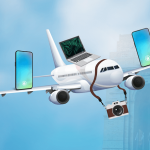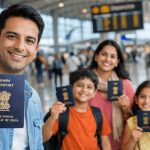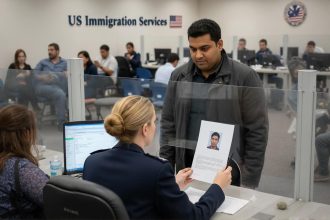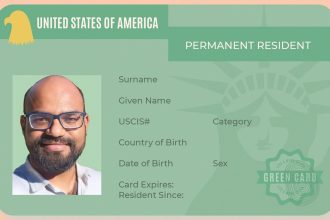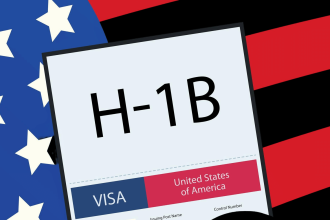H1B visa is the most common pathway for skilled foreign professionals to work in the United States. The rule of thumb is that H1B visa workers from India and other countries can re-enter the US with a valid passport, a valid H1B visa stamp on the passport, Form I-797 Notice of H1B Status Approval, and other requisite documents. However, it seems that H1B visa holders’ re-entry into the US is not guaranteed in the volatile landscape of US immigration rules and restrictions.
In June 2025, an unprecedented event of boarding denial to three H1B visa workers sent shockwaves through the H1B visa community. They were flying back to USA via Abu Dhabi after a certain period of remote work/stay in India. They were stopped at the Abu Dhabi US Pre-clearance facility, questioned about their extended stay in India, and sent back home, according to several reports. While one of them spent 3 months in India, the other two stayed for nearly 3 months in India. The incident raised a spate of questions, like
- What are H1B visa travel rules?
- Are there official USCIS restrictions on H1B visa travel outside USA?
- How many days can H1B visa holders stay outside the US?
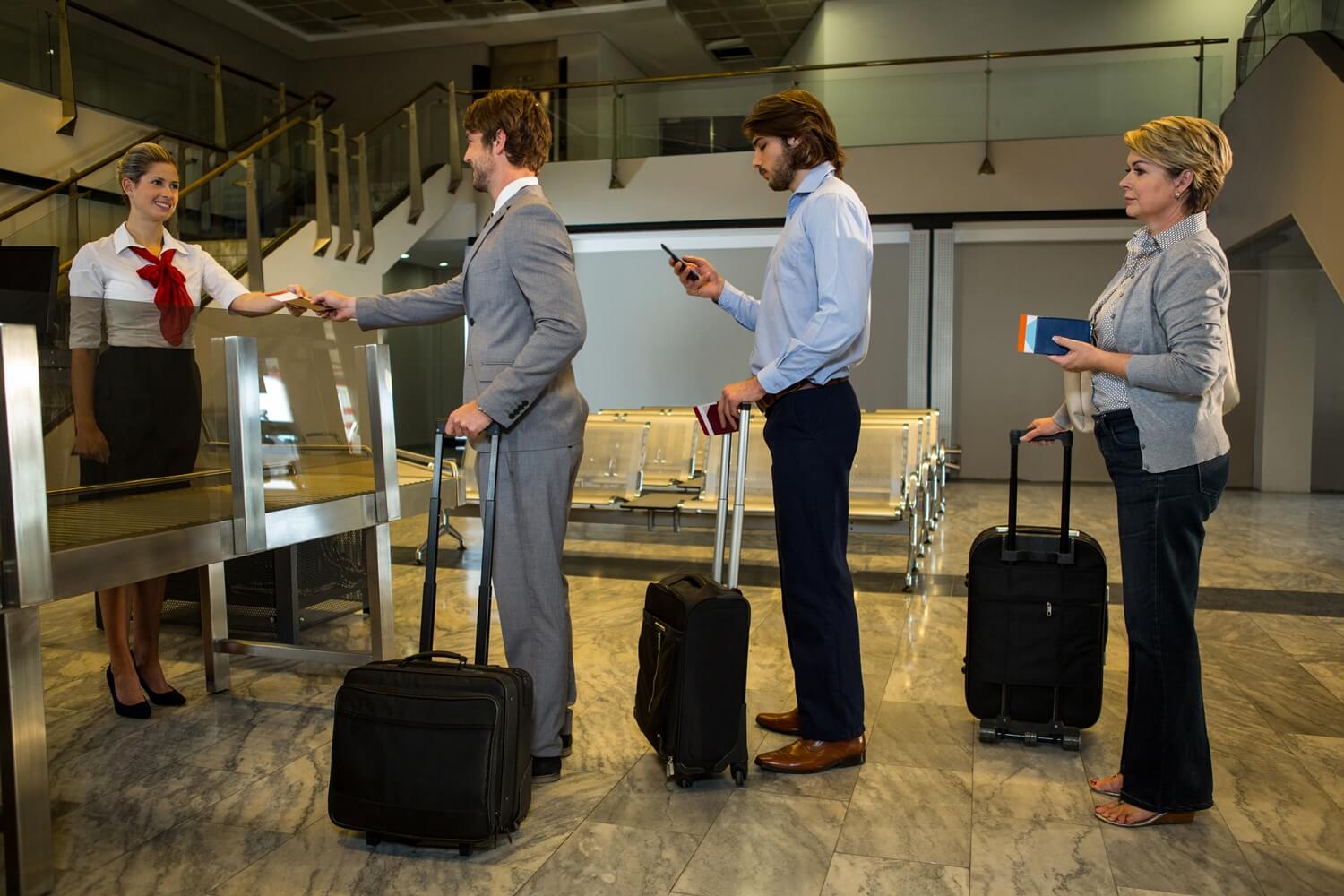
How Long can H1B Visa Holders Stay outside USA
There are no USCIS rules specifying a fixed number of days you on H1B Visa can stay or work outside the US. However, an extended period of stay abroad without actively working for your US employer can raise concerns at entry airports in USA or CBP preclearance facilities. Since your H1B visa status depends on your ongoing employment in the US, your long absence from the US is likely to make the CBP officers question whether you still have a valid position and the right to re-enter the US.
Many immigration attorneys recommend that H1B visa holders should keep international trips short, ideally within 30–40 days, unless they have strong proof of current employment status and payroll records. Under USCIS rules for traveling abroad on H1B visa, your stay beyond 60 days without clear proof of active work can make you a target for extra scrutiny during re-entry.
H1B Visa Travel Rules You Need To Follow
Traveling internationally on an H1B visa is allowed as long as you maintain valid status and have all necessary documents for safe return to USA. You should carry your valid H1B visa stamp, a valid passport, the original I-797 approval notice, remote work logs, and recent employment verification letters. According to H1B visa travel rules, you must be actively employed by your sponsoring company while abroad, and any extended time outside the US should be supported by clear payroll and work records.
H1B Visa Travel Restrictions and CBP Discretion
After the Abu Dhabi airport case, some social media users responded with claims that certain H1B visa travel restrictions are in place. But, in reality, there are neither hard and fast rules nor restrictions for H1B travel. Technically, you can stay outside the US for as long as you want. However, the longer you stay abroad, the greater the risk that CBP officers would question your employment status in America. If they believe your employment has ended or you have abandoned your job, they have the authority to cancel your visa on spot, even if it is valid on your passport.
USCIS Rules for Traveling Abroad on H1B Visa
USCIS allows travel abroad during your H1B validity period, but your visa status is tied to your job in the US. If you lose your job while overseas or are in a 60-day grace period, you may not be able to re-enter. Days spent outside the US can sometimes be “recaptured” to extend your H1B validity period, but this is a separate process that does not protect you from US re-entry scrutiny.
Can H1B Visa Holders Work Remotely outside the US?
Working remotely from abroad while on an H1B visa is not automatically prohibited, but it is risky if it becomes prolonged. Your visa is granted for employment in the US, tied to a specific work location in your petition. Extended remote work from another country may make CBP question if your role still exists in the US. If you must work remotely from India or elsewhere for more than a few months, keep strong evidence that your duties and payroll remain unchanged.
DISCLAIMER: This article has generic information for the awareness purpose. The article should not be construed as an official source of advice or information. Readers are encouraged to consult a qualified immigration attorney for advice tailored to their specific circumstances. Indian Eagle and Travel Beats assume no responsibility for actions taken based on this article.


